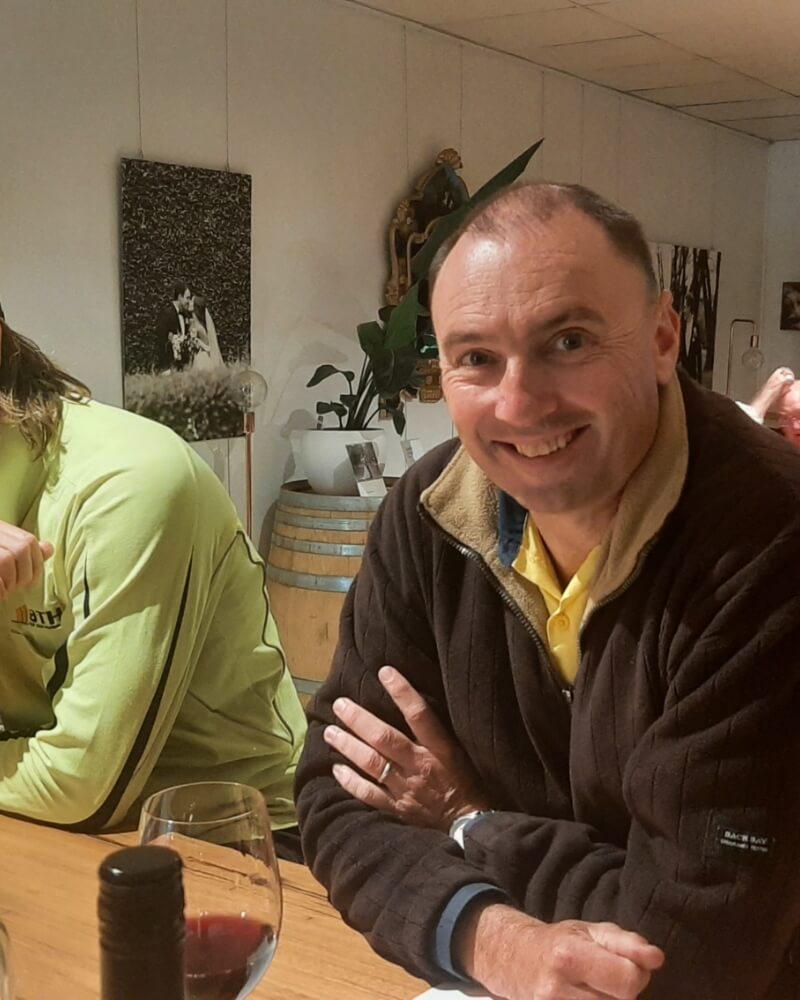In 2021 TRIN (Totally Renewable Indigo North) conducted a survey of community attitudes to renewable energy

This prompted a request from a variety of organisations for TRIN to approach businesses about what they need to turn intent into action and investment.
There are several sources of funding and support available to businesses and these may be going largely untapped because there isn’t the level of awareness of their existence and the other question of “but what do I really need” and who can offer professional advice.
The purpose of this document is to seek input from businesses in the local area about what they feel they need to be more comfortable when looking at investing in renewable energy technologies.
1) Do you feel that you understand your busnesses energy need and the time of use?
2) Would you feel comfortable with sharing information on your current energy consumption with professionals skilled in assessing these needs?
3) Would you feel comfortable with allowing energy consumption monitoring on some pieces of equipment
4) What kind of funding would you think was necessary for you to be willing to invest in renewable energy technologies?
i) Interest Free Loans
ii) Install and Operate with no fees
iii) direct Investment Grants
iv) All of these
5) Would you be open to conversation with Indigo Power about options?
6) Would you be open to conversations with other energy providers about options?
7) Would the introduction of a “star rating” for energy efficiency or renewable energy usage, that you can use to promote your business be valuable in generating consumer good will and increasing the attractiveness of your products?
Interesting Information and Fun Facts
If you have solar panels, regardless of how many, as soon as the grid drops the panels are shut off and it all goes dark…
If you have a battery teamed with your solar panels, until the battery is full, the panels keep working and the lights stay on.
If you have a battery teamed with your panels and the grid drops, the battery will keep the lights on and when partially discharged (90 – 95%) it will switch the panels on to keep itself close to full charge.
Solar panels work better during cold sunny winter days, but the sun sets early and comes up late, but you are likely to be working in the dark – or using power from the grid during these days.
Energy retailers are giving lower and lower prices for your excess energy, but still charging you the same for the power you take from them, winning on both ends
Even if you use gas as a primary heat source, if the grid drops so do the fans and most likely so does the gas (as a safety mechanism) – but check your equipment of course
Candlelight is romantic but not when you’re at a restaurant and it’s the only light source People are increasingly wanting to know what businesses are doing to be more environmentally responsible.
Responses to Survey Questions Responses
1) Town
2) Critical Action
We need to assume that people with an interest in renewable energy are probably more likely to fill in the survey than those with no interest, but it is significant that 90% of respondents agree that moving to renewable energy is critically important.
3) Current Technology
61% of respondents have some kind of solar technology, but the adoption rate for batteries is still low. Solar accounted for 9.9% of Australia’s total electrical energy production in 202 so it seems that North Indigo is above average in this regard.
4) Planned new investments
Nearly 65% of respondents are thinking about some sort of new investment in solar technologies.
5) Participation in home energy projects
73% of people would be willing to participate in projects that make homes more energy efficient.
6) Equal opportunity access to cheap energy
Not surprisingly over 90% of people want equal access to cheaper energy. The 5.8% who do not want this access presumably are those who are non believers in climate change and the environmental benefits of solar power.
7) Solar for public buildings
The same 90% agree that we should be aiming for more solar power systems on our public buildings.
8) Indigo Power
An overwhelming majority (85.7%) of respondents would source their electric supply from Indigo Power if the costs were the same or better. This illustrates a strong community interest and willingness to move away from the dominant players in the energy space and work with groups like Indigo Power if there was no financial disadvantage.
Conclusion
Given the relatively high level of community engagement, the overwhelming acknowledgement that this is an issue that must be addressed combined with existing and planned private investments there is an opportunity currently available for government and privately funded groups to engage with the community on a path to higher levels of renewable energy accessibility.